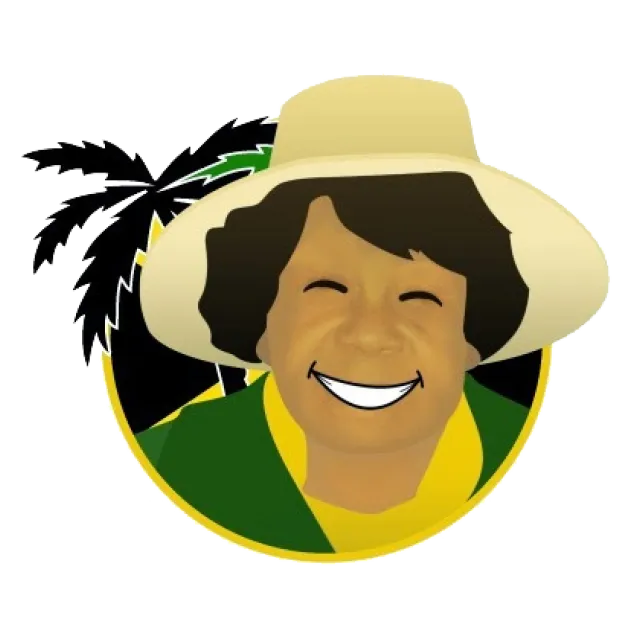Honouring Black Servicemen and Women: A Rich Legacy of Military Service
Despite facing discrimination during their service, many Black Caribbean servicemen, women, and civilian war workers chose to settle in Britain during the first waves of mass immigration from the West Indies in the late 1940s and early 1950s. Their arrival marked the beginning of a profound cultural and social contribution to British society, building on a long history of dedication and sacrifice.
Early Black Soldiers in British Regiments
Military historian John Ellis has documented 41 Black and Asian soldiers enlisted with the Royal Worcestershire Regiment between 1751 and 1843. Among these, thirteen were listed as West Indians, one as African, and two as Indian. Remarkably, some of these soldiers were likely the sons of men who had previously served the regiment, showing a legacy of service passed down through generation
Naval Pioneers and Black Sailors
One notable figure was Captain John Perkins, a native of Jamaica, who joined the British Navy in 1775 as a pilot. By 1782, Perkins was promoted to Lieutenant and given command of a brig, and in 1800 he attained the rank of Captain, spending his entire naval career in the Caribbean. Another historic figure, John Sutcliffe Fletcher from Antigua, served as a slave to Vice Admiral Lord Hugh Seymour in 1799.
Black shipbuilders in the Caribbean contributed to constructing some of the vessels that formed Admiral Nelson’s battle fleet at the Battle of Trafalgar in 1805. Records show that Nelson’s flagship included African crew members and sailors from the West Indies. Additionally, Somali fighters stood alongside Nelson in this pivotal naval battle. William Afflick, born in St Kitts, fought at the Battle of Waterloo and later became a Chelsea Pensioner.
Medical Trailblazers: James Horton
Sierra Leone-born James Horton was among the first African doctors to serve in the British Army. After studying at King’s College London and Edinburgh University, he joined the British Army Medical Service in 1859. Horton initially served as an assistant staff surgeon and was promoted to Surgeon Major in 1874. Following his retirement in 1880, he returned to Sierra Leone and founded the Commercial Bank of Sierra Leone, contributing to both military and civil society.
William Hall: The First Black Victoria Cross Recipient
William Hall, born in Nova Scotia in 1827 to a freed slave family, became the first Black man awarded the Victoria Cross—the highest military honour for bravery in the British Armed Forces. He joined the Royal Navy in 1852 and served aboard HMS Rodney during the Crimean War, earning both Turkish and English service medals. Hall played a heroic role in the 1857 mission to relieve the British Residency during the Indian Mutiny. For his courageous actions alongside Lieutenant Thomas Young, Hall was awarded the Victoria Cross. He served until his retirement in 1876 and passed away at Horton Bluff, Nova Scotia, at the age of 78.
George Bridgetower: Soldier and Musician
George Bridgetower was not only a soldier but also a gifted musician. He made his professional debut in Paris at age nine and later moved to England, where he was patronised by the Prince of Wales. Bridgetower earned a degree from Cambridge University, exemplifying the diverse talents of Black individuals serving Britain.
The West Indies Regiment in World War
Formed in 1915, the West Indies Regiment recruited 15,200 volunteers, three-quarters of whom were Jamaicans. Public donations funded their deployment to France, where they served with distinction in Palestine, Italy, and on the Western Front. The regiment also campaigned in the Cameroons, East Africa, and Palestine.
Walter Tull, born in Folkestone in 1888 to a Barbadian father, was the first Black officer in the British Army to lead white soldiers into battle. Before the war, he was Britain’s second professional Black footballer, joining Tottenham Hotspur in 1909. Tull served with the 17th Battalion of the Middlesex Regiment, rising to the rank of Second Lieutenant and fighting in the Second Battle of the Somme. He died on the battlefield in 1918 and was posthumously recommended for the Military Cross.
African Soldiers in the World Wars
During the First World War, soldiers from Gambia, the Gold Coast (now Ghana), Kenya, Nigeria, Nyasaland, Rhodesia (now Zimbabwe), and Sierra Leone were mobilised to defend their territories and support Allied campaigns. The Gold Coast Regiment sent 1,423 soldiers to East Africa, while six battalions of Senegalese troops fought on the Western Front. In total, approximately 163,000 African soldiers served in Europe, with 30,000 losing their lives.
Before the war, African troops were largely used for domestic security and policing, often poorly armed and lacking combat training. In German colonies such as Togo, troops had only outdated rifles and limited combat experience.
Campaigns in Africa
Key military campaigns in Africa involved Allied forces fighting to capture German colonies in Togo and Kamerun. One of the earliest British engagements of WWI occurred on August 12, 1914, when R.S.M. Alhaji Grunshi fired the first shot in the Togo campaign—marking the first shot fired by a British soldier during the war.
By September 1914, Allied forces captured strategic ports such as Duala and Buea. After prolonged fighting, German forces in northern Kamerun held out until February 1916. Throughout these campaigns, tens of thousands of East Africans served in the non-combatant Carrier Corps, providing essential logistical support, though many died due to disease and accidents.
South African Contributions and the SS Mendi Tragedy
Approximately 70,000 Black South Africans served in the South African Native Labour Corps during WWI, providing uniformed logistical support on the front lines in Africa and Europe. On February 21, 1917, the tragic sinking of the SS Mendi in the English Channel resulted in the deaths of 616 African troops—a somber reminder of the sacrifices made.
African American Service
During WWI, 367,000 African Americans served in the U.S. Armed Forces, with 130,000 deployed to France, making a significant contribution to the Allied war effort.
Modern Achievements
In the Royal Air Force, Group Captain Larry Osborne became the first Black man to reach a senior rank, symbolising progress in military diversity and inclusion.
This rich history reflects the bravery, resilience, and unwavering commitment of Black servicemen and women across centuries. Their stories are a vital part of Britain’s military heritage and continue to inspire future generations.







